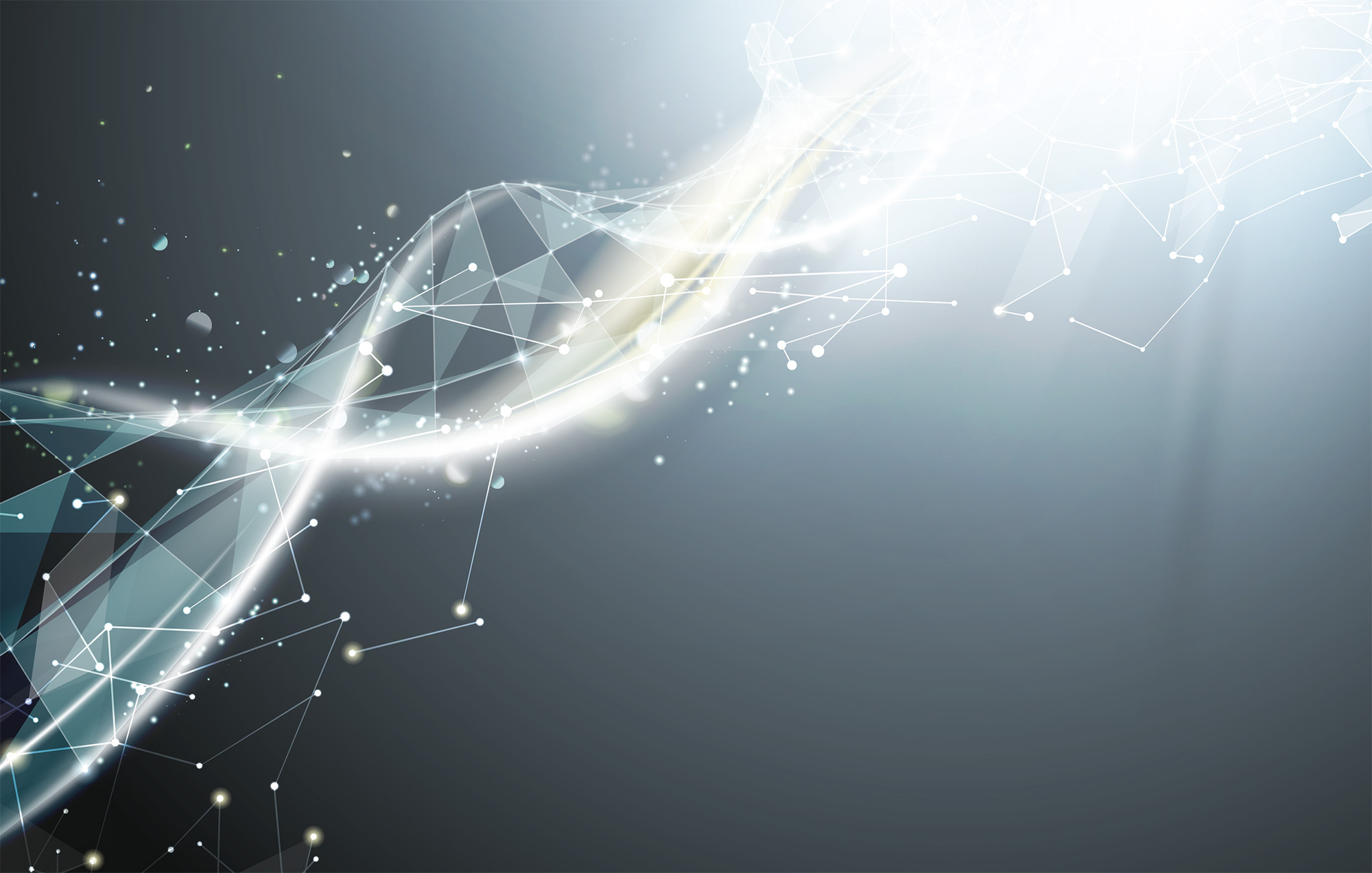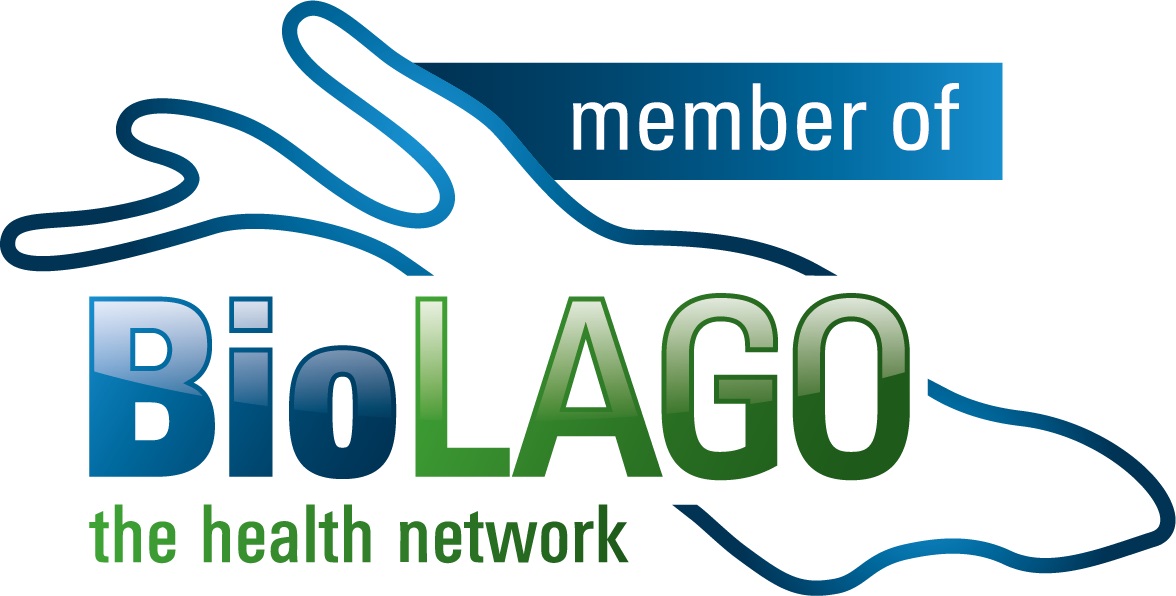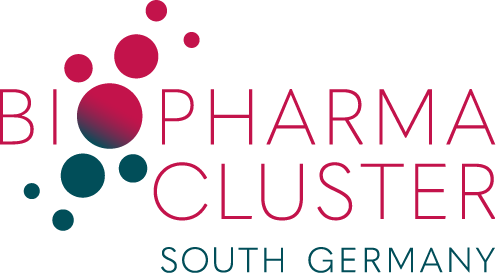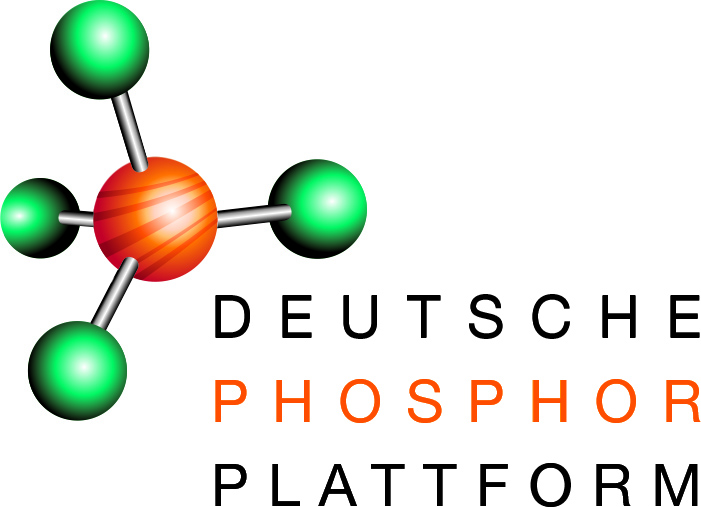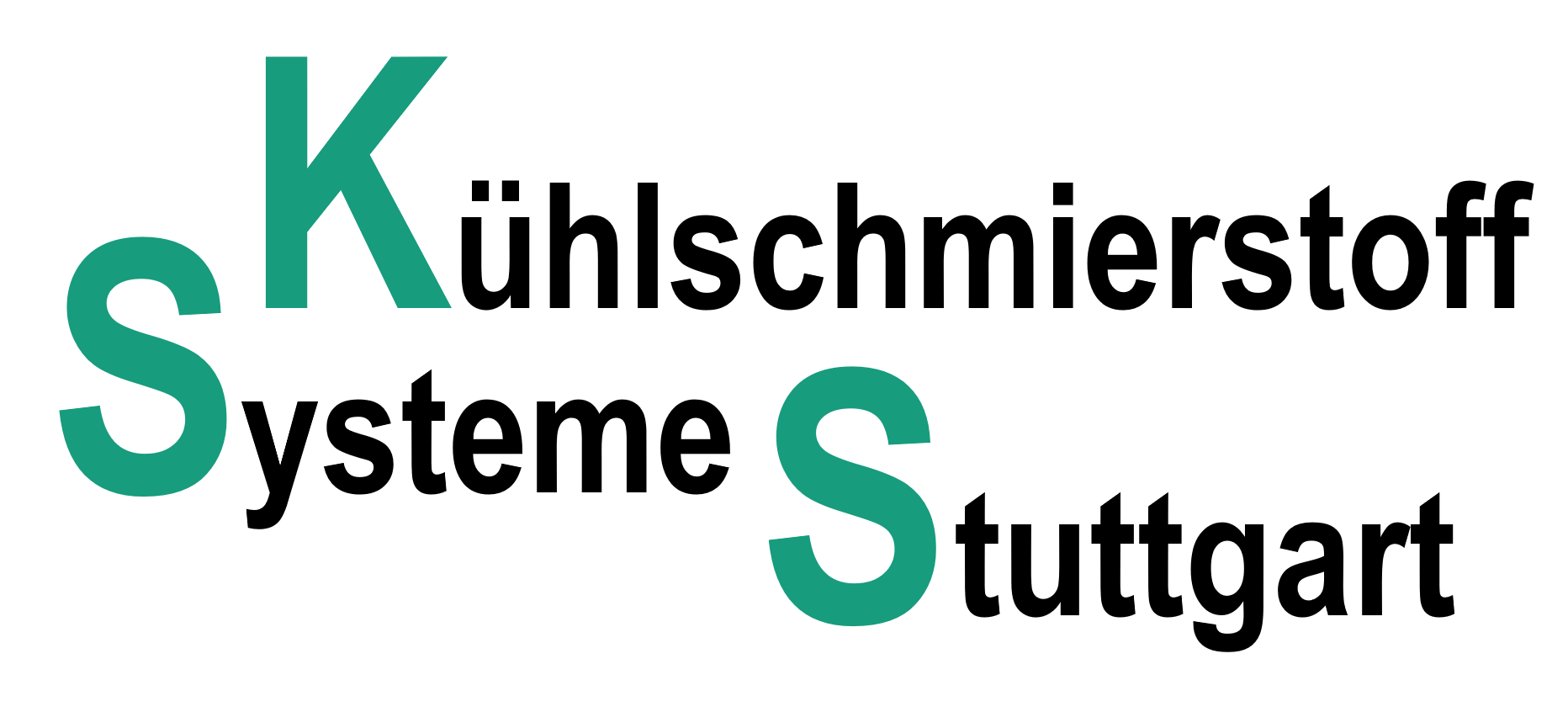Fraunhofer IGB is an active participant in numerous national and international research networks. Cooperative ventures with various universities and non-university research institutes, as well as interdisciplinary collaboration with other Fraunhofer Institutes, complement our own expertise and enable us to exploit synergies in developing new solutions for the needs of industry. We are also actively engaged in shaping research policies through championing strategic, economic, and sustainability standpoints.
In addition, Fraunhofer Institutes carry out joint activities within Fraunhofer internal research programs. Examples of IGB’s involvement are flagship projects “Future Proteins”, “ShaPID , “SUBI²MA” and “AmmonVektor”. IGB was also active in the High-Performance Centers “Mass Personalization” (Stuttgart) and “Chemical and Biosystems Technology” (Halle-Leipzig region) until the end of 2024.
Added value through the ”Fraunhofer network plus”
In relation to its size Fraunhofer IGB is the most highly networked of all the Fraunhofer institutes.
 Fraunhofer Institute for Interfacial Engineering and Biotechnology IGB
Fraunhofer Institute for Interfacial Engineering and Biotechnology IGB